EDINA are supporting the data and visualisation aspect of The University of Edinburgh's IoT Research and Innovation Service.
The challenge
The Internet of Things (IoT) covers a wide spectrum of applications, including the detailed real-time sensing of our environment and the embedding of connected intelligence into everyday objects.
The University’s IoT Initiative is establishing an IoT Research and Innovation Service, initially using LoRaWAN technology, to help easily run IoT projects.
The IoT Research and Innovation Service is a shared resource, open to a wide range of innovation partners and available to support research and teaching.
What we’re delivering
EDINA are supporting the data and visualisation aspect of the IoT project. This means ingesting data that is gathered from the wider area network, processing it into different streams, and structuring the data for use in the data visualisation service.
These visualisations are available using the Kibana dashboard system, which provides a varied suite of data visualisation types.
Skills we’re bringing to the project
- Elasticsearch
- Kibana
- Kafka
- Python programming
What our experts say
“One of the uses of IoT technology is that it allows people to investigate aspects of their services or their environment that wouldn’t normally be apparent or easily investigated,” says Dave Elsmore, EDINA Senior Software Engineer.
A specific example of this is the use of IoT in the University of Edinburgh’s Main Library. As with all university libraries, there is a need to ensure that there are enough study spaces for students and that they can easily locate these spaces. The library occupancy project monitors card entry and exit into the library and provides a live dashboard display of study spaces available, which is updated every 5 minutes.
Another example is the Edinburgh CitySounds project, which is using IoT technology to capture sounds both from living organisms (plant and animals) and human activity in the Meadows, Edinburgh. This will allow the local community and citizens to be informed on biodiversity and health and well-being, as well as provide a unique resource for artists and data scientists.
EDINA is supporting the general infrastructure which underpins these projects and others, helping to enable and assist world-class research and innovation.
